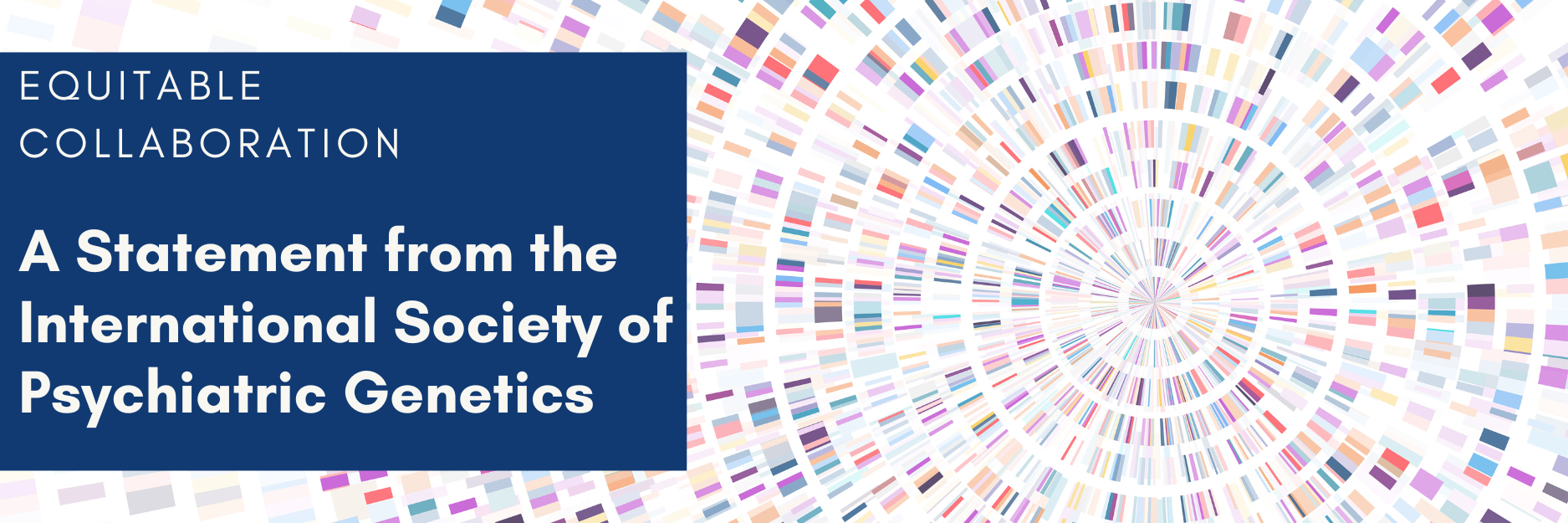
The psychiatric genetics research community, like the broader field of human genetics research, has recently made a strong commitment to increasing the diversity of representation in study participation. Genetics research, including sample ascertainment, is now taking place on all inhabited continents. This has led to substantial growth in externally-funded health research in low and middle-income countries.
The International Society of Psychiatric Genetics (ISPG) encourages these efforts unequivocally. At the same time, the ISPG recognizes the potential for power differentials amongst stakeholders, including geographically-, historically-, and economically-based differences between nations. Other genetics research organizations, including the American Society of Human Genetics and the Global Alliance for Genomics & Health, have issued detailed statements outlining ethical responsibilities of researchers participating in global collaborations. We encourage members of the ISPG to consult the following relevant resources, which highlight the importance of appropriate community engagement:
https://www.cell.com/ajhg/fulltext/S0002-9297(22)00357-3
https://www.ga4gh.org/wp-content/uploads/GA4GH_Engagement-policy_V1.0_July2021.pdf
One specific aspect of international collaboration that the ISPG emphasizes to its members is the avoidance of exploitative research practices, such as when researchers from a wealthy country fly into a less wealthy country to collect samples, and leave without further contact or coordination with local investigators, research participants, and their communities (often referred to as “helicopter research”):
https://journals.plos.org/ploscompbiol/article?id=10.1371/journal.pcbi.1009277
In particular, the ISPG recognizes the responsibility of individual researchers, research institutions, and collaborative consortia, to maintain ongoing relationships with investigators, community leaders, Institutional Review Boards, and other stakeholders native to the geographic regions in which samples are collected. These ongoing relationships should include maintenance of two-way communication, scientific (and, where relevant, clinical) feedback, scientific representation and authorship, and opportunities for training and leadership. ISPG members with questions about these processes are encouraged to consult with the Inclusion, Diversity, Equity in Action (IDEA) Committee of the ISPG.
Finally, the ISPG emphasizes that in all research, and especially in collaborations involving potentially vulnerable communities, it is incumbent upon investigators to ensure that ethical standards of informed consent and minimization of risks are adhered to, sensitive to cultural norms, and in accordance with the Helsinki principles:
